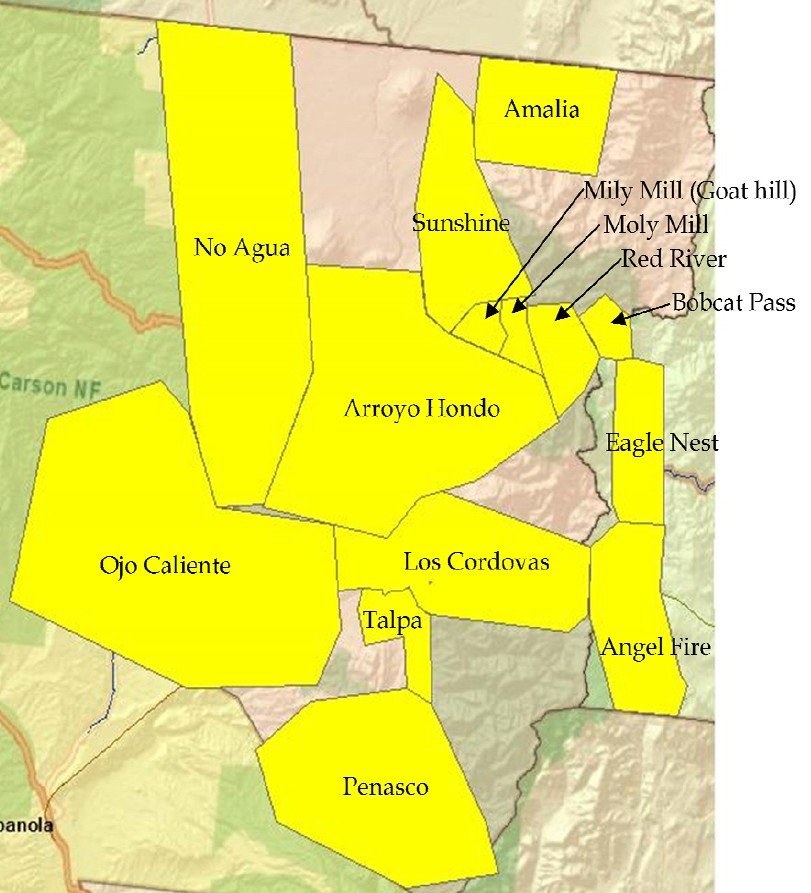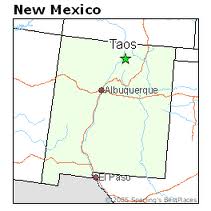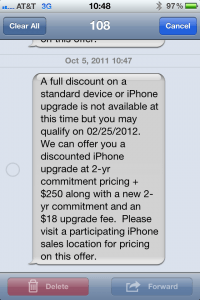Your $50 monthly broadband bill has been burning a hole in your wallet and you think there should be a cheaper price available somewhere, right?
The answer is, for most of us, there is. You just have to look.
The most expensive Internet access around comes when you buy broadband-only service from a provider. Both cable and phone companies have been incrementally punishing their “broadband-only” customers for years, tacking on $5, $10, even $15 to the price because you have chosen not to bundle broadband with other services the company sells. It is not unusual to see some cable companies charging $55-60 for standard Internet service. When you call to inquire, they are sure to begin aggressively upselling you to a bundled service package, arguing you can add cable TV and phone service for $20-30 more a month. That sounds like a better deal, unless you honestly don’t care about either service.
Welcome to the world of marketing, where the “value perception” is key to driving the average revenue collected from each subscriber higher and higher. You end up buying services you probably would not have considered, but because they seem so inexpensive when compared with the price of the service you are interested in, why not?
Phone companies do the same thing, but many of them also love to bury hidden charges in the fine print and commit you to 1-3 years of service to guarantee the advertised price. Companies like Frontier Communications may pitch DSL service for just $15 a month, but keep reading and you will discover the taxes and fees raise that price substantially. In fact, that particular phone company is notorious for charging substantial modem rental fees and what they call a “High Speed Internet” surcharge. To get the lowest price from them, you will be a Frontier customer for at least a year, depending on the promotional offer selected.

Frontier redefines "value": This attractive looking offer "fine prints" the $6.30 modem rental fee, is for service "up to" 1Mbps (so much for "high speed"), has a one-year service commitment with a $50 early termination fee, and does not include unspecified "taxes and surcharges" which run extra.
You can break free of the marketing circus by concentrating on finding the best possible deal for the service(s) you really care about.
- Check advertising offers on television and in newspapers, but always read the fine print;
- Visit the website of each local provider and look for “Internet-only” offers that may deliver extra savings, but only when you order online;
- Call providers and ask them about their various deals and inquire “is this the best offer you have right now?;”
- Use search engines and type in your provider’s name and words like “deals,” “offers,” or “promotion.” Third party authorized resellers may have an offer that works better for you.
Sometimes you can get excellent results playing providers off each other. Try contacting the social media representatives of different providers in your area to unlock hidden deals, and more importantly, customer retention offers. One Rochester reader of ours got Time Warner Cable to open negotiations to keep his business with this tweet:
Getting ready to schedule my
@TWCable disconnect after rate increase – should I go with@dishnetwork over@DirecTV or vice versa?
He received a substantial retention offer within hours of alerting Time Warner of his discontent (he’s also a rabid hockey fan, and the ongoing MSG-Time Warner Cable dispute made satellite an attractive alternative.)
[flv width=”360″ height=”290″]http://www.phillipdampier.com/video/KNXV Phoenix Which broadband provider saves you the most money 2-7-12.mp4[/flv]
KNXV in Phoenix helped residents in that Arizona city figure out who was cheaper, CenturyLink or Cox Cable. And what about using mobile broadband for a home broadband replacement? (3 minutes)


 Subscribe
Subscribe








